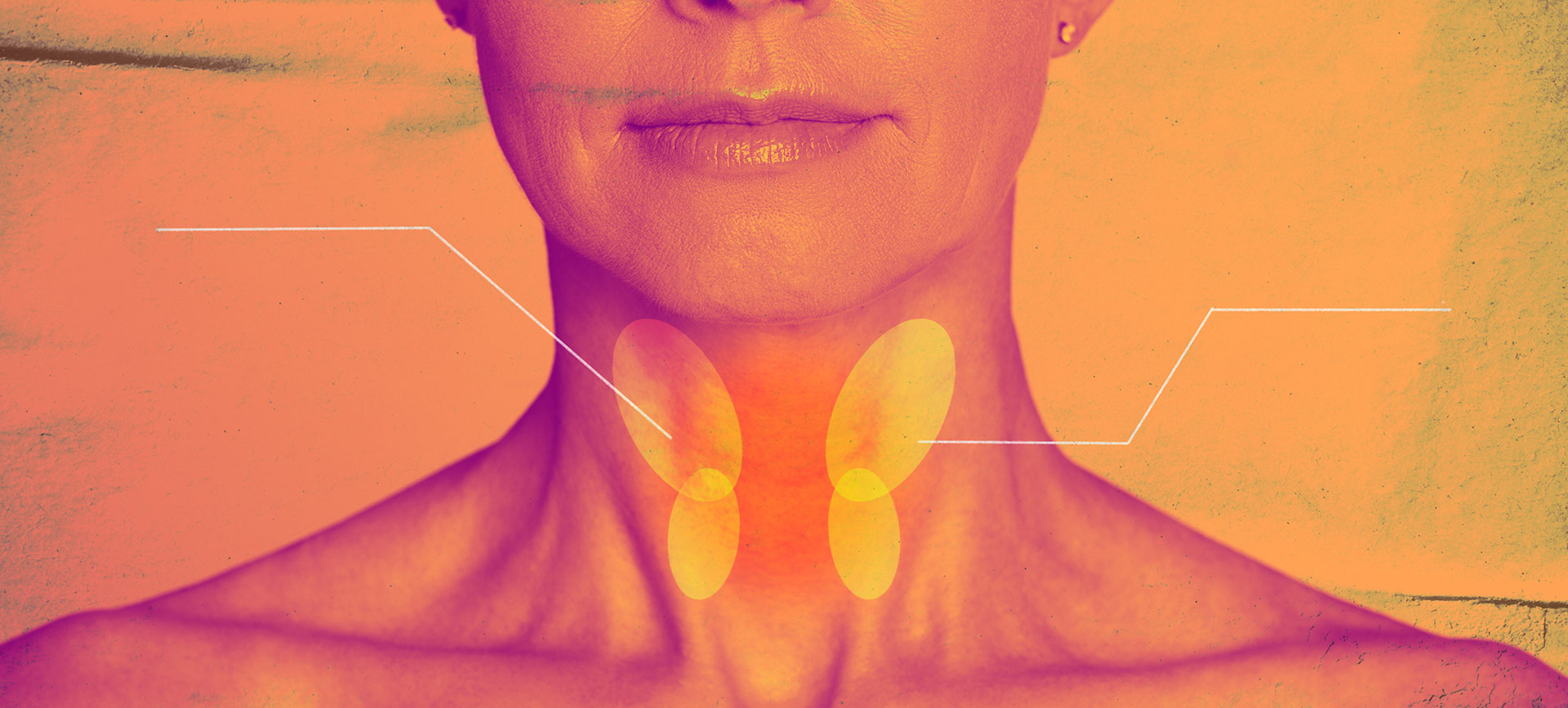Glands are small organs that make substances such as hormones. These substances are released into the body to perform specific functions. The thyroid gland, located at the base of the neck, is small and shaped like a butterfly.
The thyroid might be a small gland in the neck, but it plays a large role in maintaining the body's metabolism, said Kecia Gaither, M.D., who is board-certified in OB-GYN and maternal fetal medicine and the director of perinatal services/maternal-fetal medicine at NYC Health + Hospitals/Lincoln in the Bronx, New York.
She added that the thyroid produces three hormones:
- Thyroxine (T4), also known as tetraiodothyronine
- Triiodothyronine (T3), which, with T4, makes up the thyroid hormone
- Calcitonin, which is responsible for regulating the calcium levels in the blood
Gaither said the thyroid works in conjunction with other organs in the body to effectively:
- Control muscle contraction
- Impact brain development (particularly during the fetal period)
- Influence the speed of digestion
- Regulate heart rate
- Regulate body temperature
- Affect weight loss/gain (metabolic rate)
So when your thyroid doesn't work correctly, it can impact your whole body.











